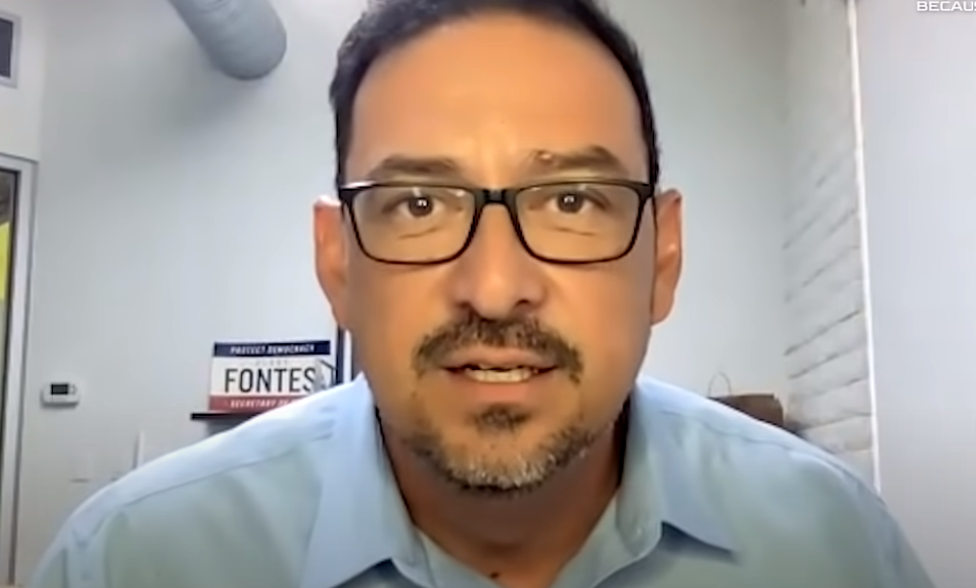Home Page Top Story
New Report Reveals Prop 140: A Power Grab for One Politician with No Tangible Gains

By Staff Reporter |
A recent report from the Reason Foundation has raised concerns about Proposition 140, which aims to introduce ranked-choice voting and open primaries in Arizona. The analysis asserts that the proposition could increase the power wielded by the secretary of state rather than by the electorate.
Released shortly after early voting commenced, the report written by Vittorio Nastasi highlights the potential implications of Prop 140. It states, “Prop. 140 grants far too much power to the legislature or secretary of state by allowing them to determine how many candidates can compete in general elections.” This uncertainty could result in significant conflict without clear advantages, the organization warns.
Currently, Arizona’s primary elections restrict voters to their registered party’s primary. Unaffiliated voters have the option to change their registration before the primaries in order to participate. Prop 140 would eliminate majority vote winners in general elections involving multiple candidates. Instead, victors would be influenced by rankings of candidates, shifting away from traditional winner-takes-all systems.
The analysis points out a critical flaw in Prop 140: it does not delineate the number of candidates eligible for the general election from the proposed open primaries. This ambiguity allows lawmakers or the secretary of state to determine candidate progression after the primaries.
The Reason Foundation further argues that open primaries could infringe upon First Amendment rights. “Political parties are fundamentally private organizations with the right to set their own rules for nominating candidates,” it stated, highlighting the potential violation of the freedom of association.
Despite its critiques, the organization acknowledges the merits of ranked-choice voting, suggesting it could mitigate concerns about wasted votes and improve opportunities for minor party candidates. The report emphasizes that effective alternatives exist to address the nonpartisan voter exclusion, such as allowing minor party candidates to participate in debates and reforming gerrymandered districts.
In a separate analysis, the Arizona Joint Legislative Budget Committee assessed the fiscal implications of Prop 140. Its findings indicate that without further governmental action, the overall financial impact of the proposition remains unclear. However, increased election administration costs are anticipated due to a likely rise in the number of candidates, changes in ballot designs, and a larger pool of voters receiving primary ballots.












![Members of the Arizona House of Representatives vote during a third reading of nearly three dozen bills at the Arizona State Capitol on March 4, 2025. [Monica D. Spencer]](https://arizonanews.org/wp-content/uploads/2025/06/SR-347-Secures-53M-in-Third-State-Budget-Draft-Awaiting-80x80.jpg)





